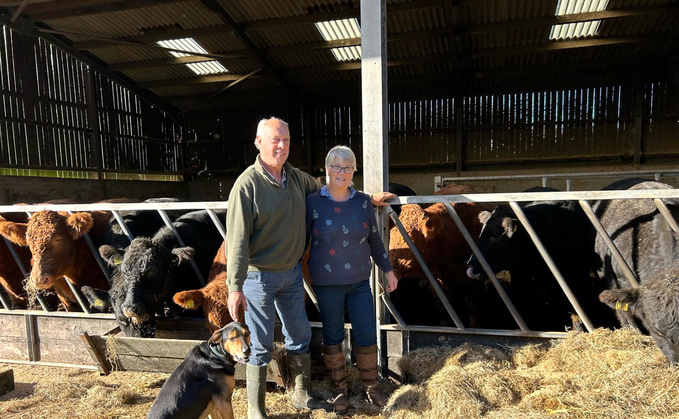
Steve Dennis has long been a familiar face around sheep auction rings in the South West, and now, at 65 years old, after working as a livestock buyer for most of his life, he has decided to retire from...

Steve Dennis has long been a familiar face around sheep auction rings in the South West, and now, at 65 years old, after working as a livestock buyer for most of his life, he has decided to retire from...
Cumbrian dairy farmers Stephen and Mike Little have been growing maize in challenging conditions for more than 20 years with yields of over 60t/ha freshweight achieved
It is estimated the dairy industry will need to spend £3.9 billion over the next 10 years to improve its climate resilience, which he said worked out at around £500,000 for each farm – or an additional 2.4 pence per litre
Cattle farmers are being reminded to take extra care over where their animals are kept as thousands of people are expected to head to the countryside over the Easter break